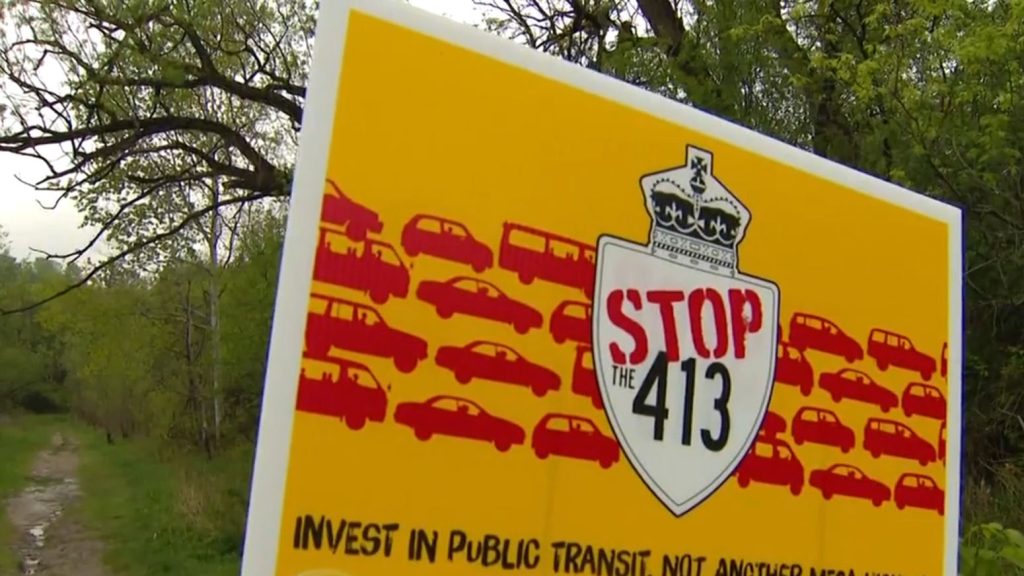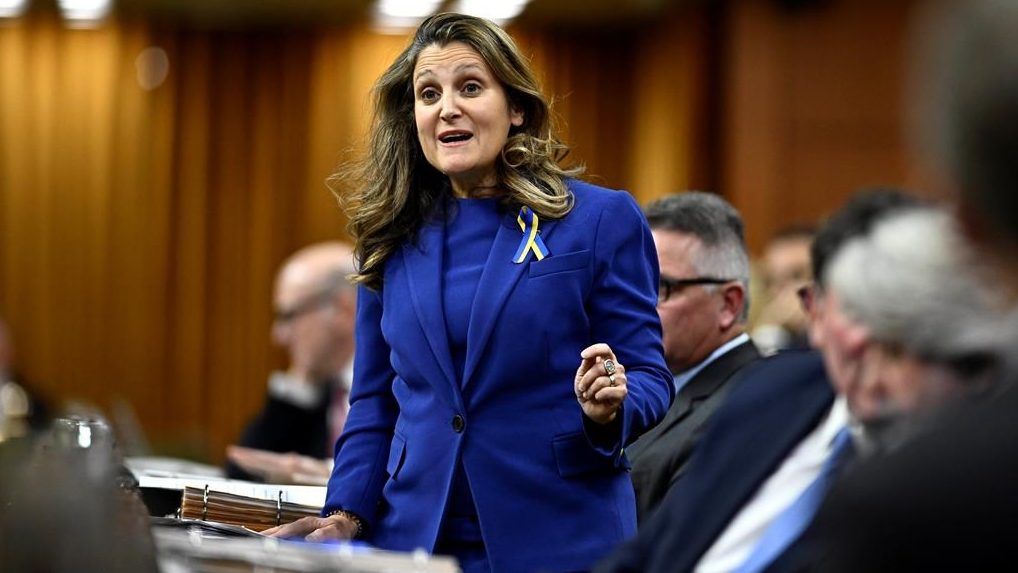Quebec sovereigntists learn from Scots, reflect on what could have been
Posted September 14, 2014 7:00 am.
This article is more than 5 years old.
MONTREAL – Quebecers who’ve spent decades fighting without success to form their own country are now finding themselves living vicariously through the Scots.
As the Scottish referendum nears, the strong push by Scotland’s separation movement has been a source of inspiration for Quebec’s sovereigntist cause at a time when it finds itself battered and fragmented.
The Parti Quebecois suffered an historic electoral defeat last spring and some prominent secessionists have even been openly debating whether to temporarily shelve their referendum ambitions.
Looking at Scotland, separatist warriors defeated in Canada’s referendum battles of 1980 and the nail-biter in 1995 have been reflecting on what could have been.
“We should have done it before the Scots,” said Daniel Turp, a senior member of the pro-independence forces during the ’95 campaign.
“Obviously they’re doing very well. I just hope they win.”
The Scottish Yes campaign will even have a cheering section from Quebec for Thursday’s referendum. Turp, as well as members of the PQ and Bloc Quebecois, will be among the Quebecers who plan to be in Scotland on voting day.
Quebecers have also been taking notes from Scotland’s separatist movement at work.
“They have led a very, very positive campaign,” said Turp, a constitutional law expert and retired politician who has represented the Bloc and the PQ.
“I think we have to learn from that. If Quebec wants to be a country, it has to put more emphasis on what it will mean to Quebecers rather than just saying that it’s only about separating from Canada.”
Scottish independence leader Alex Salmond’s team has acquired more than words of encouragement from Quebec.
Turp believes the stay-positive approach may have been inspired by direct Quebecois advice.
In recent years, prominent sovereigntists like Turp and former PQ premier Bernard Landry have met with Scottish National Party officials.
Turp said he and other Yes camp members closely involved in the ’95 campaign met with SNP delegates in Montreal in 2011. The Scots, he added, asked for the series of meetings to take place without media exposure and for participants’ names to be kept secret.
Despite the exchanges, Salmond has tried to keep his distance from Quebec sovereigntists in public.
In 2013, he declined an offer by a visiting Pauline Marois, Quebec’s premier at the time, to send him documents from the 1995 referendum. He also avoided being seen with her and his staff prevented news photographers from taking photos of the leaders together.
“Obviously, they want to win, we didn’t win,” Turp said when asked about the snub. He said the SNP has sought to do its own thing and avoid being compared to other independence movements.
But behind closed doors in Quebec, the Scots inquired on a range of subjects, including how sovereigntists organized their campaign, made their pitches and planned to acquire international recognition in the case of victory.
Turp, who presided over the Bloc’s policy committee during the ’95 campaign, said he remembers recommending they maintain a positive campaign — even if the No side resorted to last-minute dirty tricks.
Quebec sovereigntists have long argued the ’95 vote was stolen from them by the No camp at the 11th hour thanks to ploys like campaign overspending, empty promises of additional powers and a “love-in” unity rally in Montreal three days before the referendum.
“We told (the SNP) to be very aware that those kinds of tactics might be used,” said Turp, who noted he’s also had personal meetings with Salmond in Edinburgh.
Salmond provided evidence last week that Quebec’s messages had been heard.
Montreal La Presse reported that he mentioned Quebec’s ’95 campaign at a news conference in Edinburgh. Scotland’s first minister said he thought of Canada’s pro-unity supporters when he accused the UK’s No side of resorting to a negative campaign.
But Quebecer sovereigntists like Jean-Francois Lisee say they’ve been impressed by London’s “fair play” during the campaign when compared to Ottawa in the 1990s.
Lisee, a key Yes side strategist in ’95, said he believes the Westminster have respected referendum spending laws and was pleased to see London agree to accept a 50-per-cent-plus-one vote result.
After the ’95 referendum, he said, Quebecers discovered then-prime minister Jean Chretien would have denied such a close margin of victory by the Yes side.
“There would be more fair play if Quebec were trying to separate from the British than from Ottawa,” said Lisee, now a potential PQ leadership candidate.
“I’m jealous of the British and I hope that in some important ways this process could be used as a template for next time around we go through these waters.”
Landry, who was deputy premier under PQ leader Jacques Parizeau in ’95, said he’s impressed by the “simplicity” and “clarity” of the question that will be put to Scots on Thursday. He hopes a similar absolute question will one day be presented to Quebecers.
Landry believes Ottawa stole Quebec’s referendum victory in ’95. He hopes the Scots succeed.
“If the Scottish nation arrives, I will be delighted,” said Landry, who added he’s also advised visiting Scots about referendum campaigns as recently as last year.
To slow the momentum of pro-independence Scots, the British have recently highlighted the economic risks of separation.
During a recent visit to Scotland, British Prime Minister David Cameron begged Scots to stay, saying he would be “heartbroken” if the United Kingdom split apart. Cameron made the trip north with his political rivals — an uncommon display of unity across party lines.
Some of those strategies may very well have been inspired by Canadian federalists.
Delegates from the British government embarked on their own referendum-related reconnaissance in Quebec in recent years, says a man who held key roles with the No side in both plebiscites.
John Parisella, a strategist and decision-maker in both campaigns, said he last met with the London officials in the spring. He said he was told that they even met with Chretien, among other figures.
Even though there are differences between the situations, he said he told them there are two key messages to deliver to the public: the practical reasons to stay united and the emotional ones.
“There has to be an emotional side,” said Parisella, who now works as an invited professor at Universite de Montreal’s international-relations centre.
Parisella dismissed allegations that Canada’s No side was involved in dirty tricks in 1995.
“You can do all sorts of retroactive analysis, but I think the referendum was won fair and square,” Parisella said.
Turp hopes the Scottish campaign will reinvigorate Quebec’s independence movement.
He recalls writing the victory speech for his own increasingly confident Yes camp in the final days before the ’95 plebiscite, a campaign that came down to the wire.
The message would have been delivered to Quebecers by charismatic sovereigntist leader Lucien Bouchard.
That address, of course, wasn’t read.
“I remember that speech very well,” he said.
“I hope Mr. Salmond gets to read that speech — the Yes speech — on Sept. 18.”
Follow @AndyBlatchford on Twitter










